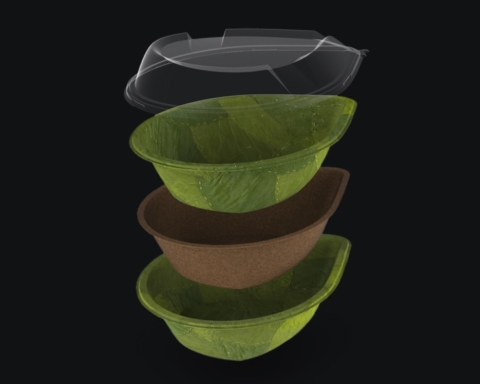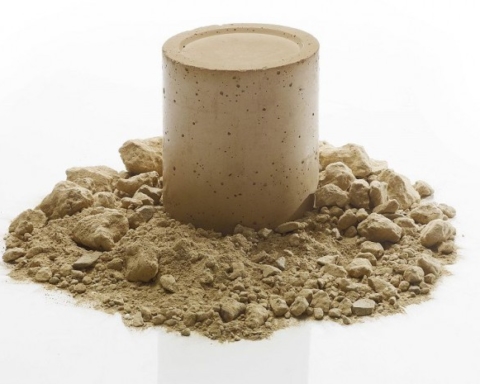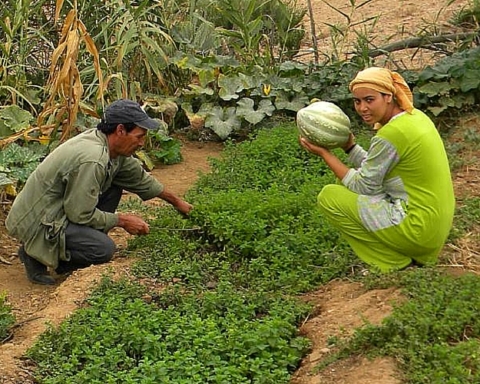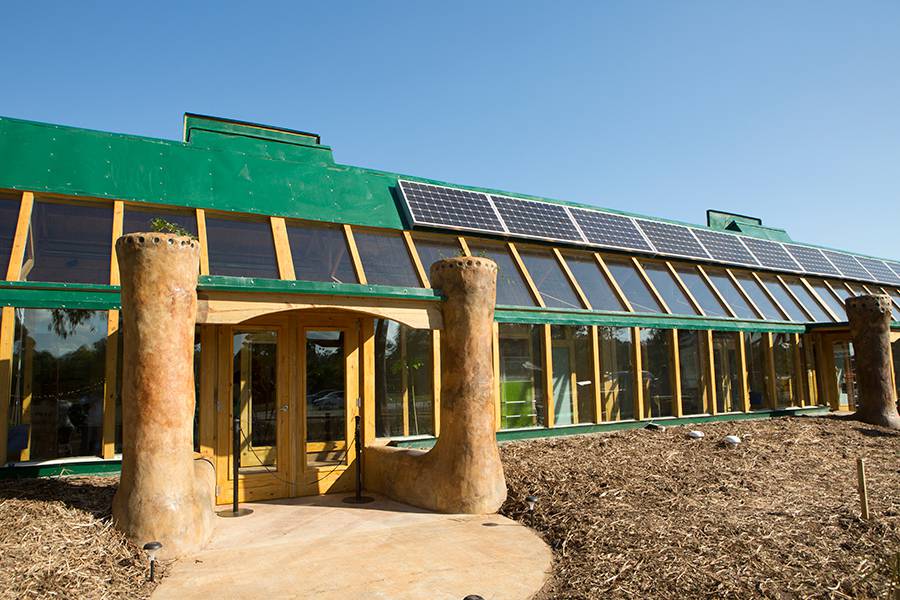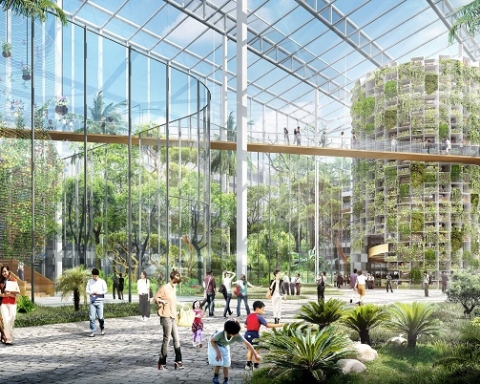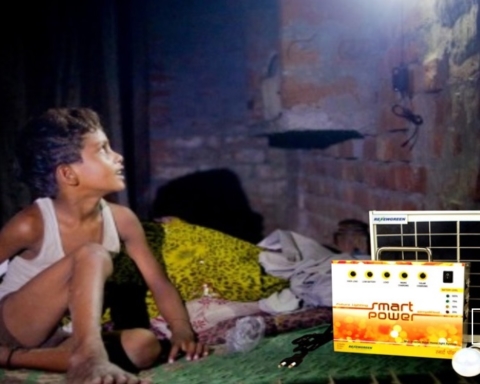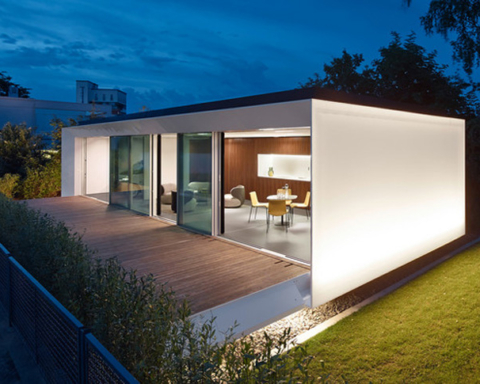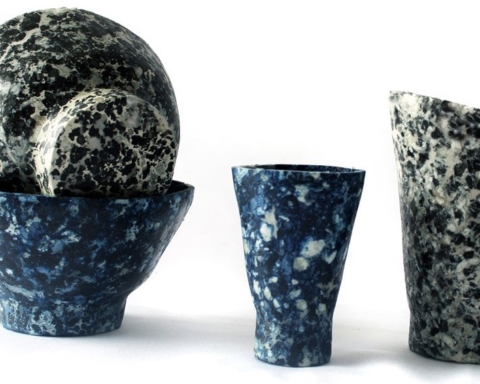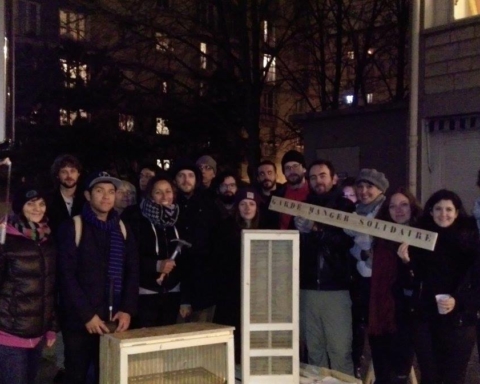Uruguay waste is piling up and materials are lacking. However, an association called Tagma decided to build a 100% sustainable school. The building is mainly based on waste and is energy self-sufficient, it will teach kids to better consume and recycle.
 Since the beginning of the year, the village of Jaureguiberry is working on it. In this small Uruguayan village with 400 inhabitants, there are now more than 200 volunteers from around the world who are building this brand new public facilities: the “Escuela Sustentable” (Sustainable school).
Since the beginning of the year, the village of Jaureguiberry is working on it. In this small Uruguayan village with 400 inhabitants, there are now more than 200 volunteers from around the world who are building this brand new public facilities: the “Escuela Sustentable” (Sustainable school).
This innovative school addresses two problems that affect the country. In Uruguay, there is the strongest Latin American literacy rate. This country has an education system that is working. Unfortunately, the lack of equipment, especially in the countryside, is a major obstacle to the overall expansion of education. Moreover, the country produces a lot of waste but does not know how to get rid of or recycled.
The Escuela Sustentable has been designed to address these two problems: school, built with over 60% of waste, allows children from neighbouring villages to have access to the same education as in large cities. Cans, plastic bottles, cardboard boxes, old tyres: the detritus of everyday life were used in the foundation of this building. And everyone is benefiting: the waste is having a second life and a hundred children are meeting there to learn in joy.
The aim is to teach gardening to the children, so that they can reproduce at home. In this school, the focus of education is particularly on the nature, its phenomena and its protection.
But the school is not content to clear the streets of its waste. It is also designed to be completely self-sufficient in energy: the roof is covered with solar panels to generate electricity and the heating they need. Environmentally, the school also bets on the recovery, treatment, and storage of rainwater: enough to power the bathrooms, the kitchen and the garden.
The building also has small organic crops, used to supply the canteen with fresh products. The aim is also to teach gardening to the children, so that they can reproduce at home. In this school, the focus of education is particularly on the nature, its phenomena and its protection. School children are well aware of the principles of sustainable development, recycling and reuse of materials: knowledge that will enable them to innovate in their daily lives and enhance low cost resources.



